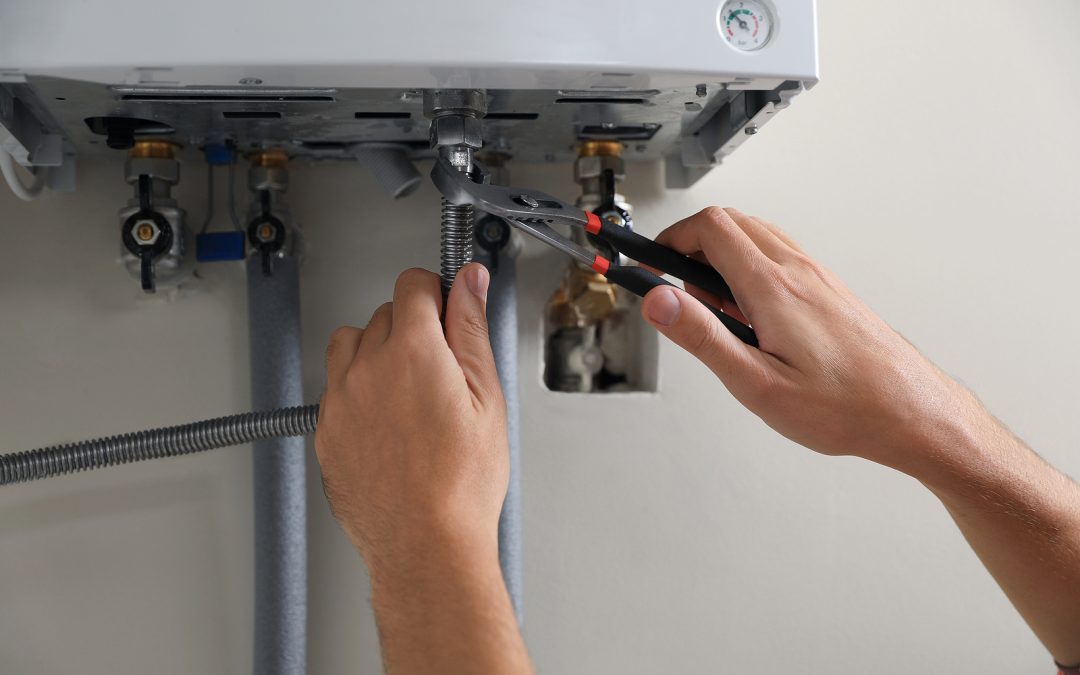Right now, it can be difficult to separate signal from noise when it comes to the future of heating, and with so many contrasting and conflicting statements, a lot of people with boilers nearing the end of their operational lifespan are worried about what they should do next.
A lot of people know that there is set to be a phasing-out of gas boilers, but according to a survey commissioned by the Energy and Climate Intelligence Unit and reported on by The I newspaper, 97 per cent of 2000 British adults surveyed do not know when this is set to take place.
Of this overwhelming majority, two-thirds believe it is set to happen sooner than it is, and this could in no small part be the result of somewhat confused messaging.
Gas boilers will continue to be sold and fitted to homes until 2035, meaning that most homeowners due for an upgrade will have that as an option for at least a decade. Given the long life of boilers, chances are they will use their new, efficient boiler past this date as well.
What has likely confused people is that in 2025, gas boilers are set to be phased out of new-build homes, meaning that new housing projects will use either heat pumps, electric boilers or another form of central heating instead.
This much closer date is irrelevant to most customers unless they are working on a new housing project, and given that alternative heating options are much easier to fit into a new building than retrofitting an existing home, it may not be a concern for them either.
However, the existence of that date may have led to confusion, but unless there is a sudden change of policy, boilers can be bought, fitted and installed until 2035, and anyone in the market for an upgrade up until then can use that boiler until it no longer works or they choose to replace it.

